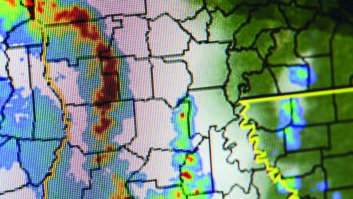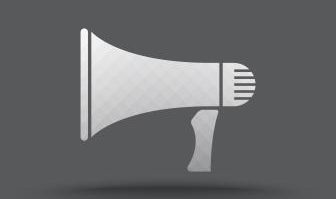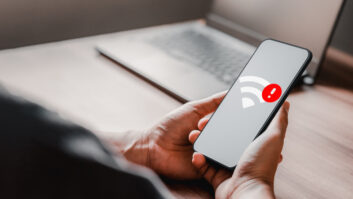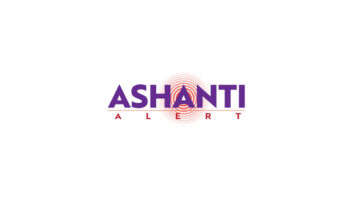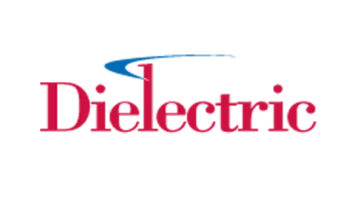BOSTON � �Samsung Corp. is reaching all the way back to 1933 to present the latest in smartphone technology: FM radio. I only wish Apple Inc. would be so modern.� So starts an interesting article by Hiawatha Bray in the Boston Globe.
Clearly Mr. Bray is a big fan of over-the-air radio. While he isn�t a recent convert, the reasons behind his endorsement of the NextRadio app, which works on his Android phone (and many others) are rather dramatic, I will say. Many times I have written about the gatekeepers that stand between a radio station and its on-line listeners. Seems on a recent trip to Africa Mr. Bray experienced this first hand.
�We arrived as the country [the Democratic Republic of Congo] was convulsed by protests, and its strongman, Joseph Kabila, responded with a crackdown that including shutting down the entire Internet,� Bray wrote. �In an instant, 79 million people were knocked offline, including me.�
Years ago, I worked for an engineer who had come to the US from Hungary; he developed a love of jazz, and a desire to get to the US, from listening to Radio Free Europe. The gatekeepers couldn�t keep RF from coming in via skywave, it seems. Brays�s story reminds me of that.
�…I powered up the old HTC One and tuned its FM radio to the BBC�s Congo service and Radio France International, where we learned that things were bad on the streets � seven dead � but not the complete meltdown we�d feared,� he wrote. �The broadcasts also kept us in touch with the rest of the planet, until Internet service was restored two days later.�
Let us not forget that just last fall, when Hurricane Irma hit that a quarter of cell sites in Florida went down. Users with FM-equipped smartphones could still receive weather reports and other emergency news. �Tagstation, maker of the NextRadio app, said usage in Florida surged by more than 1,000% in Irma�s aftermath. NextRadio will turn new Samsung phones into plain old transistor radios, picking up over-the-air broadcasts free of charge, with no impact on your phone bill,� writes Bray.
Let�s put this in the context of the loss of net neutrality, as well. It�s not the end-users that will ultimately be affected by a change in net neutrality; in the US, it is the providers that will. With over-the-air radio we have an unfettered one-to-many set of connections. What would happen if one day, every radio company needed to pay a fee to use the airwaves? How long would most be able to stay in business? Unfortunately the on-line medium comes with a native ability to be completely and thoroughly shut off, as we see from Mr. Bray�s column. Having it become too expensive is, for all intents and purposes, the same thing.
Just something to keep in mind.
�






